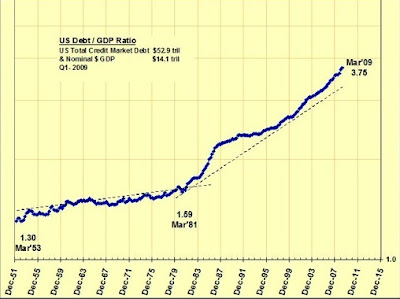Paul Samuelson
To celebrate my 100th post on this blog, what would be more appropriate than to write about the great economist Paul Samuelson who died last week? So what did Samuelson actually do? I could not write any better than Paul Krugman, who was a fellow economist at MIT (they actually shared the same desk at one point), and who describes in his NYT blog what his great contributions to economic science have been: "1. Revealed preference : There was a revolution in consumer theory in the 1930s, as economists realized that there was much more to consumer choice than diminishing marginal utility. But it was Samuelson who taught us how much can be inferred from the simple proposition that what people choose must be something they prefer to something else they could have afforded but don’t choose. 2. Welfare economics : What does it mean to say that one economic outcome is better than another? This was a blurry concept before Samuelson came in, with much confusion about how to think about in...




